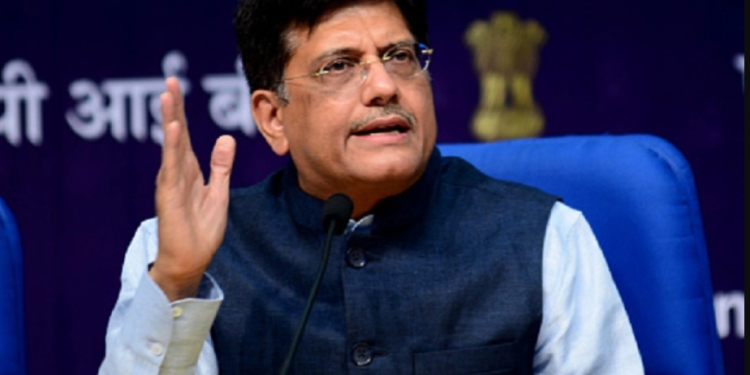The people in left-liberal ecosystem and politicians of the Congress party argued that the government would not be able collect revenues to fulfill budget announcements and will use off balance sheet financing. However, Finance Minister Piyush Goyal countered this narrative and said “We are not leaving behind Rs 1.6 trillion of unpaid bills like we inherited in 2014 from the Congress.”Congress government issued oil bonds worth Rs 1,42,202 crore to keep petroleum prices low. The fuel prices rose exponentially in 2004-08, the UPA government started subsiding fuel to keep the prices low. However, due to the rising fiscal deficit it found itself unable to subsidize petroleum further.
The government started issuing ‘oil bonds’ to oil Marketing Companies (IOC, HPCL and BPCL) instead of paying subsidies directly to them. Between 2005-06 and 2009-10, oil bonds worth Rs. 1,42,202 crore were issued by the Government with the rate of interest on them ranging from 7.33 percent to 8.4 percent per annum, repayable up to 2024-25 by successive governments. Some of this was paid during UPA-II but the majority of the amount (Rs 1.6 trillion) was left to be paid by the Modi government.
The Congress government did not include these ‘oil bonds’ on the balance sheet of the government to show healthy public finance. But the subsequent NDA government have to pay the principal amount and almost 70,000 crore interest on these oil bonds. “Congress party (government) purchased oil bonds of Rs 1.44 lakh crore that we (NDA govt) inherited. Not only this, we also paid Rs 70,000 crore on the interest part alone. In total, we (govt) discharged our responsibility by repaying over two lakh crore,” said Union Petroleum and Natural Gas Minister, Dharmendra Pradhan. To keep petroleum prices low and get votes from people through populist measures, the Congress government put the country in 2 lakh crore debt that too without mentioning it on balance sheet.
Many top policymakers criticized the ‘oil bonds’ policy but Congress party, being true to its habit of ‘living beyond means’ issued bonds excessively to keep petroleum prices low to please the public. Shankar Acharya, former chief economic advisor to the government of India wrote in an article “Very soon the government will find itself squeezed between the rock of having to raise prices and the hard place of rationing/queues/black markets,” published with headline ‘why oil bonds are not a solution’ in Business Standard. Interestingly oil bonds were the idea of our ‘know it all’, former finance minister P Chidambaram. He tried it for the first time when he was finance minister in United Front government (1996-98) with limited success but decided to go with it to save the face of the government.
Interim Finance Minister Piyush Goyal presented one of the most balanced electoral year budgets ever. Despite the fact the government is in election year, fiscal deficit was kept at bay. The previous Congress regimes used heavy deficit financing to offer sops in electoral years. However, Piyush Goyal’s budget has something for everyone and yet the fiscal deficit target is 3.4 percent. The farmers were offered direct income support, income tax exemption limit was increased for the benefit of middle class, and workers of unorganized sector were given monthly pension benefits. The Congress party is not happy with such a promising budget in electoral year and therefore it deployed its people in the media to spread propaganda that the government will not have revenues to fulfill the promises.

























